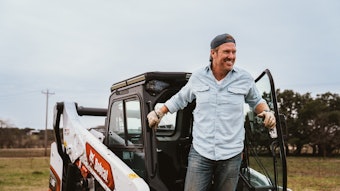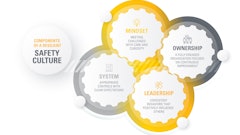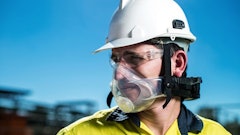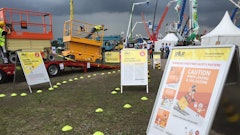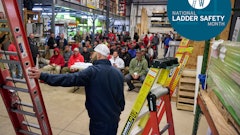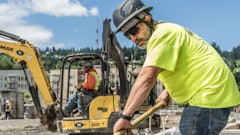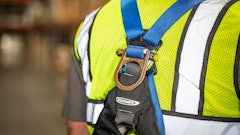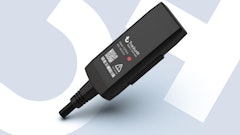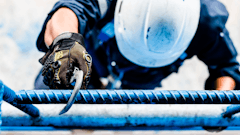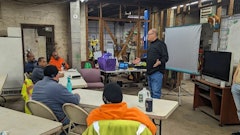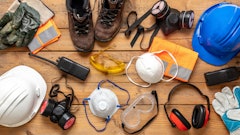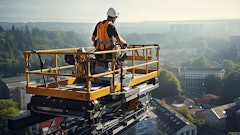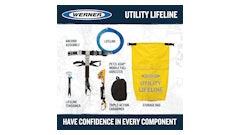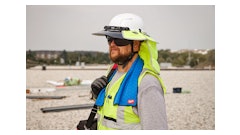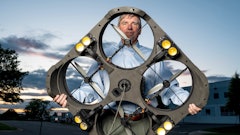
Americans across the board need more education into the prevention of concussions, especially how hard hats and helmets can help prevent such injuries. Consumer-survey company Nielsen was commissioned by Mips, a helmet safety technology company, to conduct the survey. Roughly 1,000 people in the United States were surveyed, all of whom had bought a helmet during the past three years or plan to buy one in the next six months for the following uses: cycling, rock climbing, horse riding, motorcycling, skiing, snowboarding, team sports and/or safety equipment.
According to the Centers for Disease Control and Prevention (CDC), there were 64,362 traumatic brain injuries (TBI)-related deaths in 2020 and 223,135 TBI-related hospitalizations in 2019, which is more than 611 TBI-related hospitalizations and 176 TBI-related deaths per day1. In 2020, the CDC also reported that 7% of U.S. children suffered a TBI2, and that each year in the U.S., about 3.8 million concussions occur from sports-related injuries3.
Among the most significant findings of the survey is that 70% of American helmet buyers were unaware of the term "rotational motion." Lack of understanding of rotational motion, a key contributor to TBIs, appears to correlate with Americans’ helmet purchasing decisions; 7 out of 10 American helmet buyers did not consider at all how well the helmet protects against rotational motion when buying a helmet.
 Nielsen
Nielsen
Among the most significant findings of the survey is that 70% of American helmet buyers are unaware of the term rotational motion. Rotational motion is a top contributor to TBIs. Lack of understanding of rotational motion appears to correlate with Americans’ helmet purchasing decisions; 7 out of 10 American helmet buyers did not consider at all how well the helmet protects against rotational motion when buying a helmet, the survey reported.
Rotational motion is a common cause for concussions and more severe brain injuries in oblique hits to the head. In most instances when people fall while moving and hit their head, they don’t hit their head in a straight, 90-degree angle toward the surface. Instead, people often fall and hit their head at an angle, similar to how a tennis ball makes contact with the ground after being hit with a racket. When someone's head hits something at an angle, it typically exposes your head to rotational motion, which studies have shown can be more dangerous than linear motion.
 Nielsen
Nielsen
Pioneer studies from the mid-20th century have shown that rotational motion is a key component in some traumatic brain injuries such as concussions and diffuse axonal injury4,5,6. The rotational motion causes shearing of the brain tissue, which can cause traumatic brain injuries. After these pioneering studies, more recent studies have supported the prevalence of rotational motion in diffuse traumatic brain injuries7,8,9,10. Despite this evidence, today there are only two helmet testing standards that account for rotational motion (FIM and ECE22.06), both of which pertain only to motorcycle helmets in the EU.
The survey also found that about 40% of American helmet buyers have suffered a concussion in the past, 60% of which were not wearing a helmet at the time of the concussion. Additionally, comfort and fit are the most important criteria that Americans consider when purchasing a helmet, followed by perceived protection against head injuries, meeting specific safety regulations, and price.
“Around the world, traumatic brain injuries (TBI) are often poorly understood,” said Peter Halldin, co-founder of Mips. “Improving safety and help increase education around TBIs – there is nothing more important to us than that. Think of a parent for example, when buying a helmet for their child, or you buying a helmet for yourself or a loved one. If people aren’t equipped with relevant information, how can they make informed decisions?”




